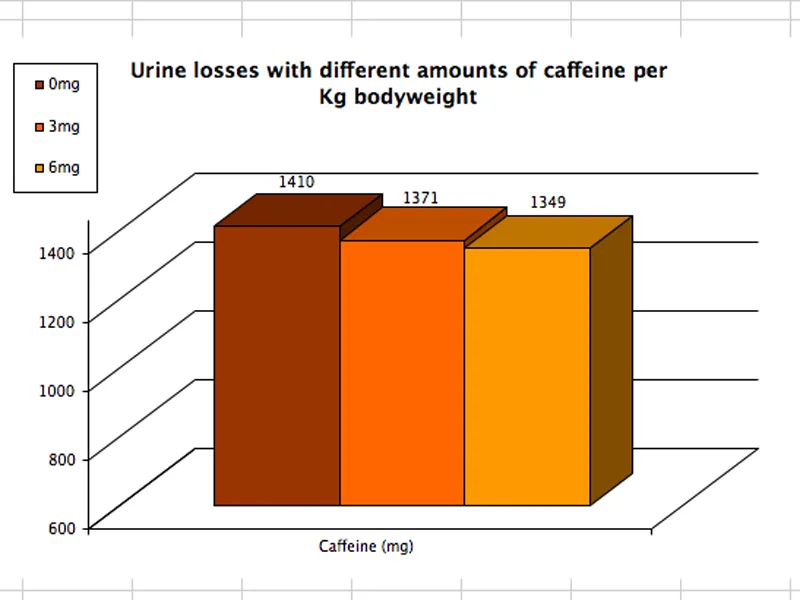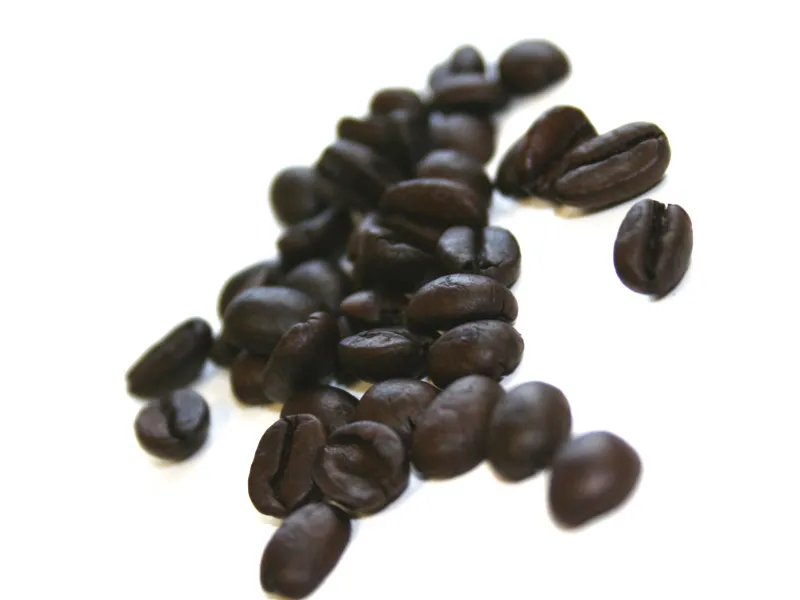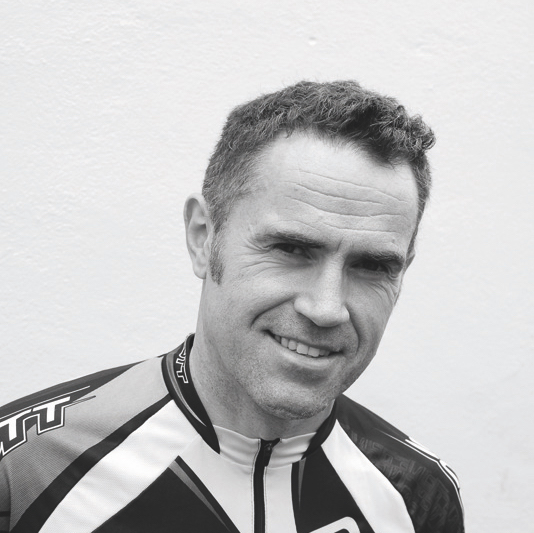A couple of weeks back we discussed how caffeine can improve performance and caffeine is now off the banned list, according to the World Anti-Doping Agency. However, before we charge into the latest findings, lets consider the perceptions of cyclists and others into fitness. Generally, there is a belief that caffeine equals dehydration, and those that regularly include caffeine in their diet will be fighting to ensure proper body hydration.
This belief has led some to shun drinks containing caffeine, including supplements and sports drinks. Meanwhile – and I hope I have been partly to blame – a body of research (not hearsay) has been building, which supports caffeine as an ergogenic that can improve cycling performances.
Time triallists, road racers and endurance riders have all used caffeine to make them faster. In fact, the only reason for most cyclists not using it has been the perceived risk of dehydration.
Roll on the guinea pigs
Enter L. Armstrong and his team. No, not Lance this time it’s the turn of the lesser-known Lawrence Armstrong of the University of Connecticut Human Performance Lab. Why him? Well, as lead scientist in a caffeine study, he’s the name behind some interesting findings on caffeine and its bad boy image as a diuretic. The results will almost certainly change the way you think about your daily jolt of java, tipple of tea or can of coke. He and his researchers got together a group of 59 healthy male subjects to test whether varying levels of caffeine affect fluid, electrolyte and renal status.
First, for a period of six days, all subjects had 3mg per kg of caffeine per day to bring them all up to a similar level. Then the subjects were split into three groups and given 0mg, 3mg or 6mg per kg of caffeine per day over the next five days.
Over the 11- day study a massive range of variables were tested including: body mass, urine density, urine volume, sodium and potassium losses plus blood density and protein levels.
Mine’s a latte
Cutting through the swathes of statistical analysis, the experts concluded that the varying caffeine intake levels did not cause any significant differences in the hydration levels of the participants: “These findings question the widely accepted notion that caffeine consumption acts chronically as a diuretic,” [1] they reported.
The graph below shows the non-significant differences in urine output on the three separate caffeine levels. This is not the first time such a conclusion has been found but it is the latest nail in the coffin for the “caffeine equals dehydration” myth.

Another study from one year ago [2] looked at the use of caffeinated beverages in two-a-day training over a three-day period. Using Coca-Cola in normal and uncaffeinated versions, there was no difference found in urine and blood variables – again, caffeine did not deserve its bad boy image.
Where the recent study used caffeine in a supplementary form, this earlier study used an everyday way in which athletes can ingest caffeine – soft drinks Finally, let’s put an end to the other misconception about caffeine, namely that it boosts fat-burning to stratospheric levels.
There are still coaches, cycling authors and riders who perpetuate this myth, as well as the odd study that claims fat-burning advantages. However, a look at all the research together reveals no such benefit.
Recent research from Birmingham University [3] found that taking caffeine in your sports drink as you ride a solid twohour session increases the carbs you soak up and subsequently use as fuel from the drink. Fat burn was less when caffeine was taken in the drink (at a hefty level of 5mg/ kg per hour), dropping from 53 percent with a standard 5 percent sports drink to 38 percent of calories used when the sports drink was supercharged with caffeine.
Whatever you do, don’t perpetuate the myths that caffeine is a diuretic or a super fat-burner, it’s not. But then again, don’t forget that it can be used to improve time trial ability and endurance.
REFERENCES: [1] Armstrong, L.E. et al. (2005) Fluid, electrolyte, and renal indices of hydration during 11 days of controlled caff eine consumption. Int. J. Sport Nutr. Exerc. Meta.
15(3): 252-265. [2] Fiala, K.A. et al (2004) Rehydration with a caff einated beverage during the non-exercise periods of 3 consecutive days of 2-a-day practices. Int. J. Sport Nutr.
Exerc. Meta. 14(4): 419-429. [3] Yeo, S.E. et al. (2005) Caff eine increases exogenous carbohydrate oxidation during exercise. J. Appl. Physiol. In Press.


